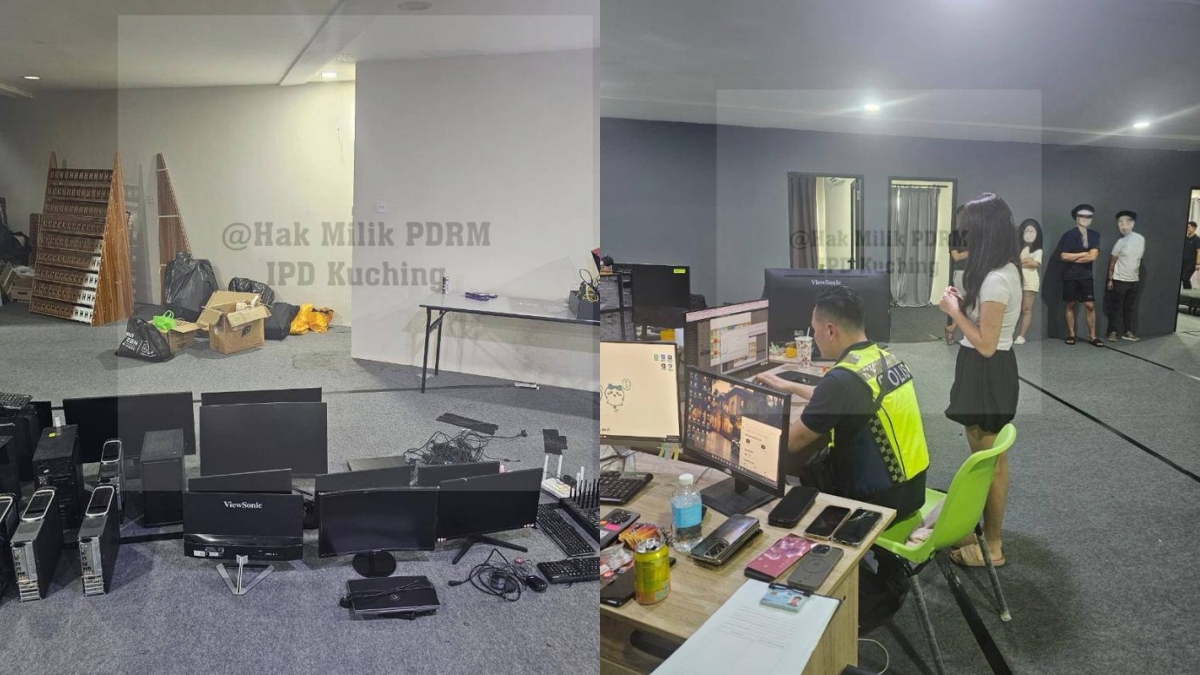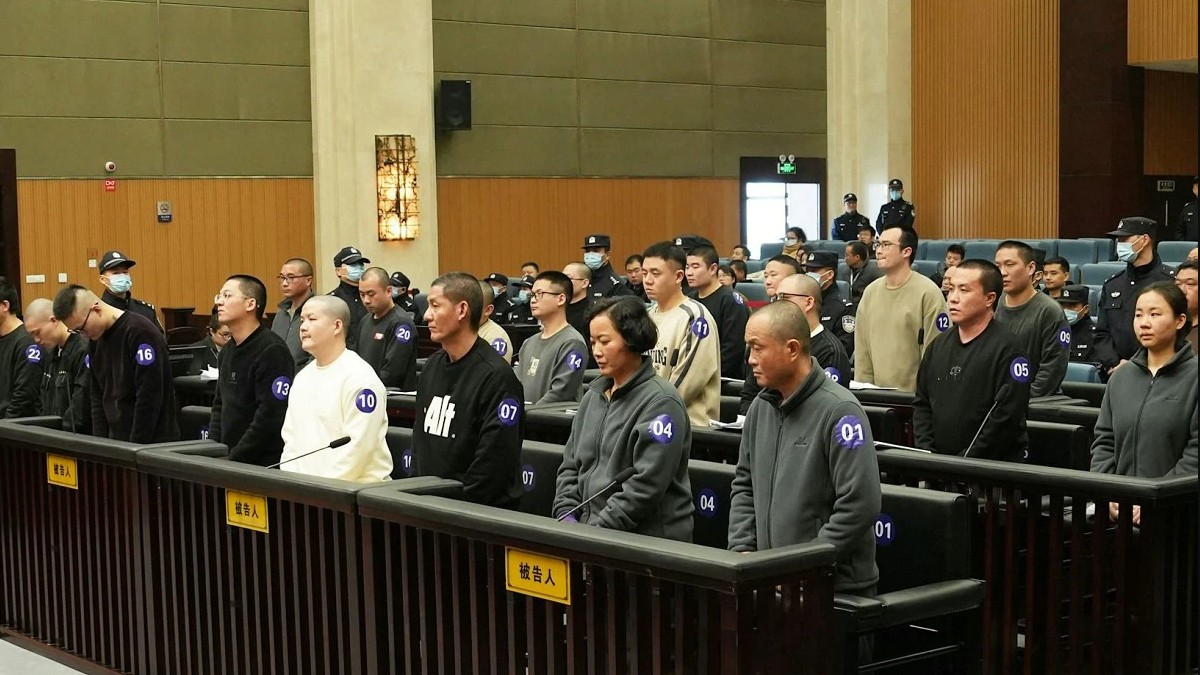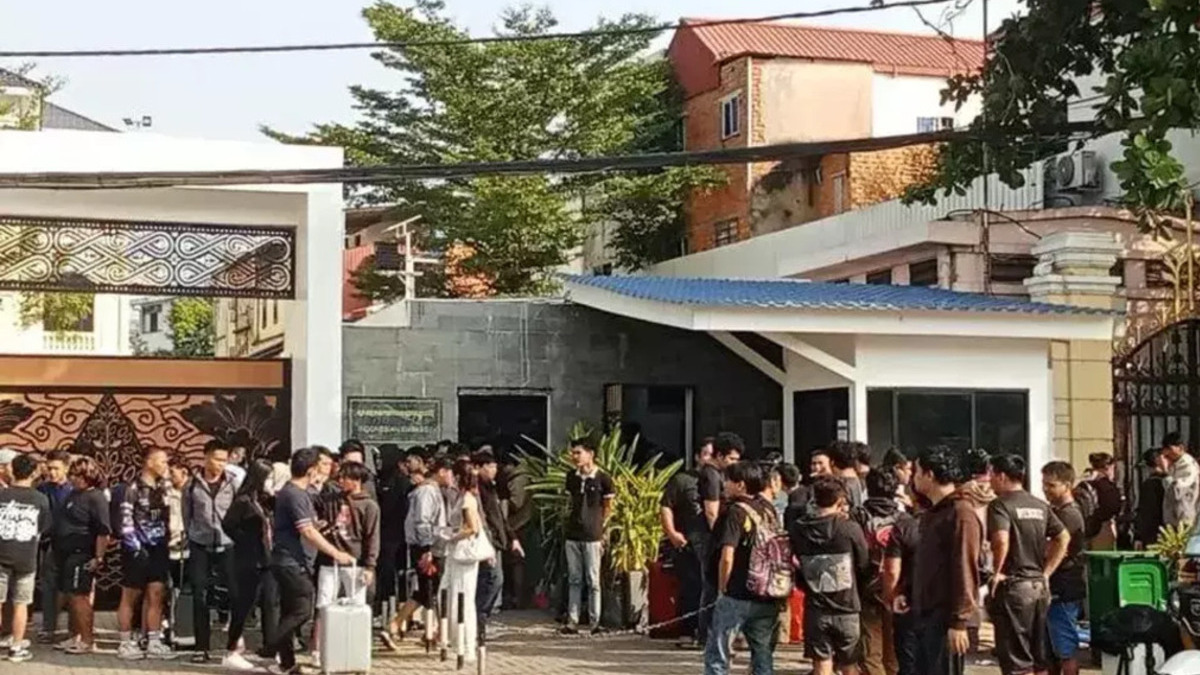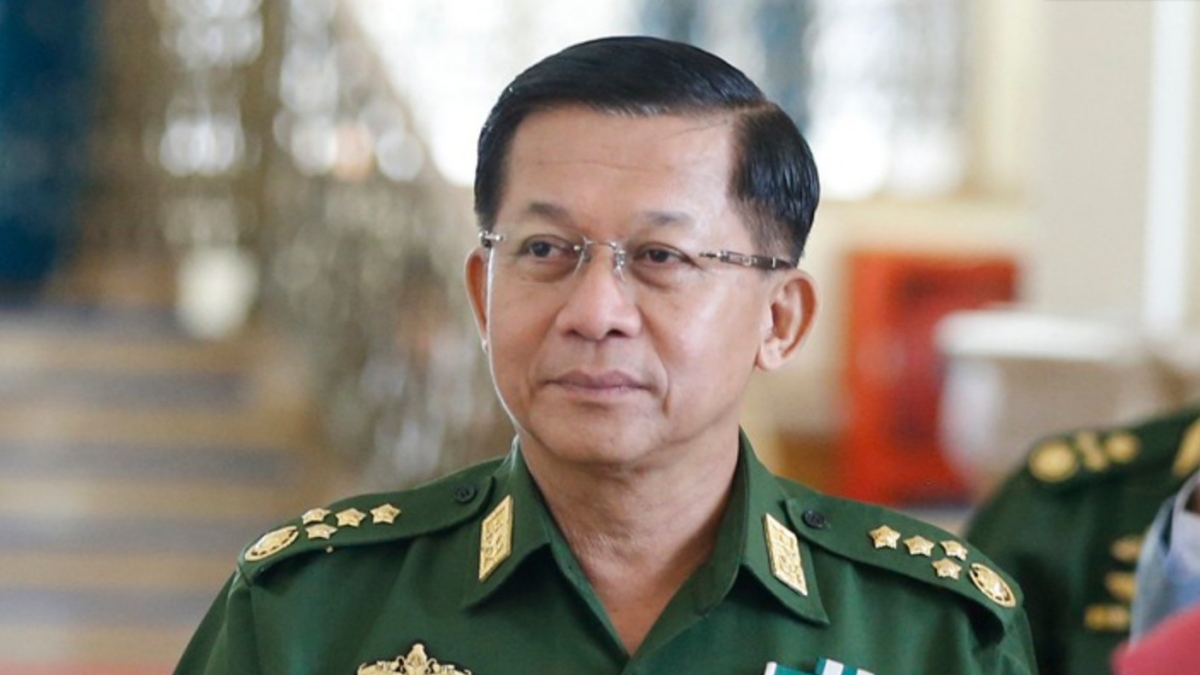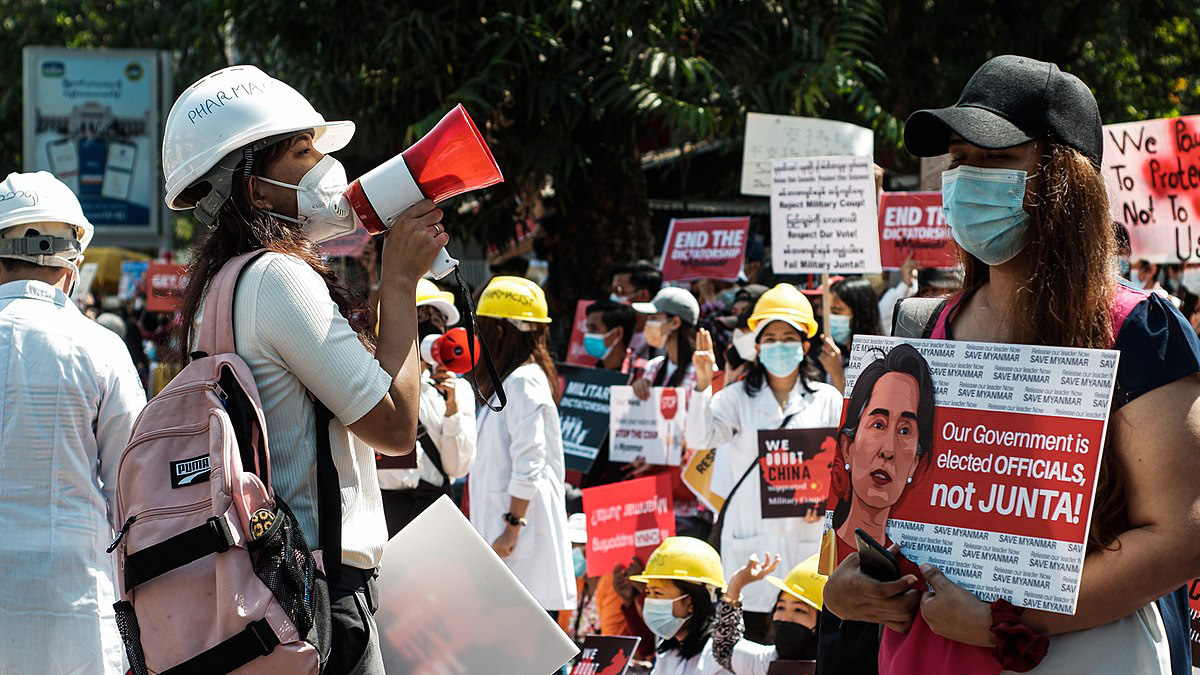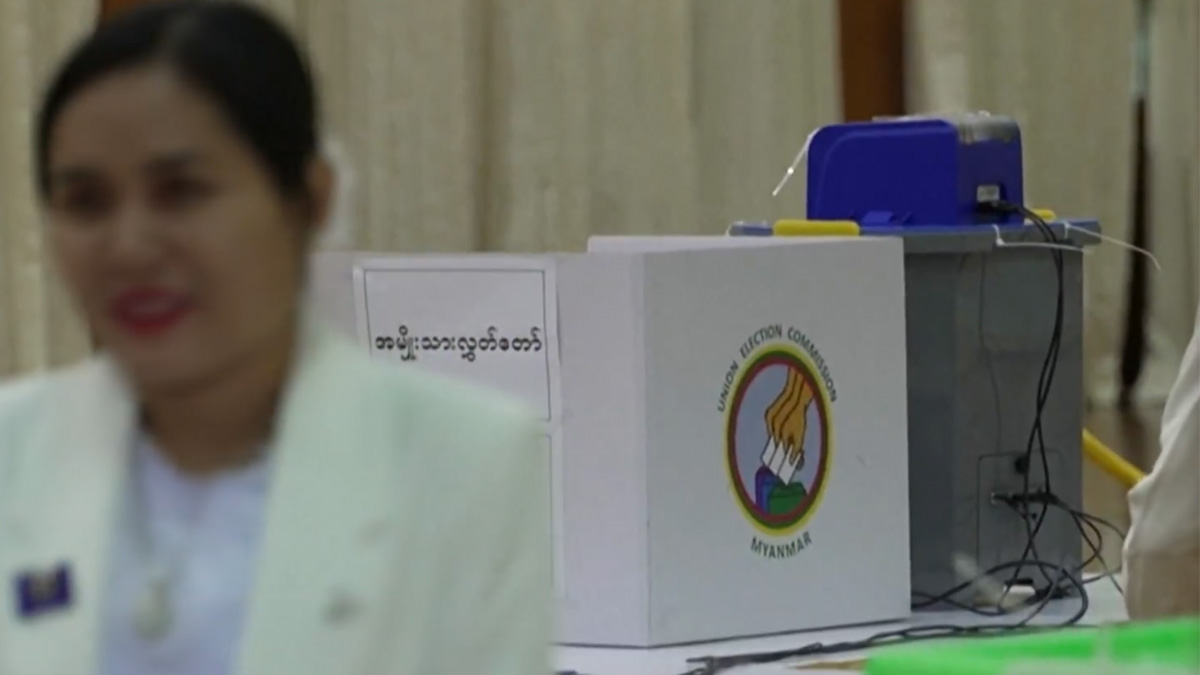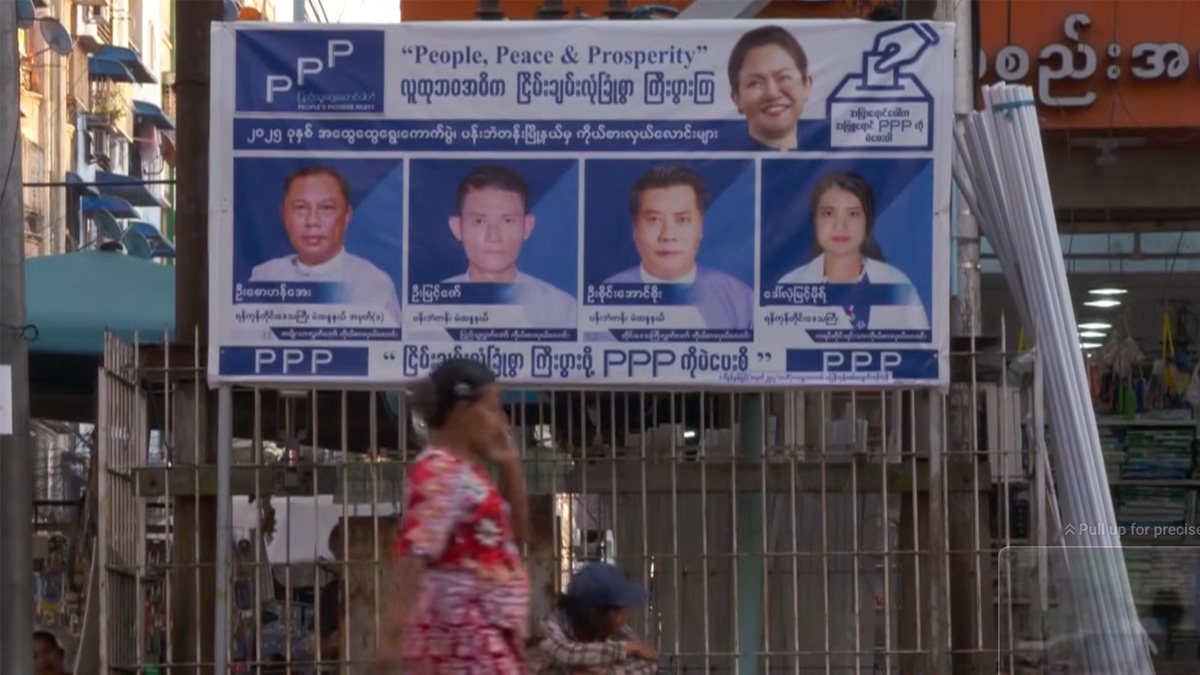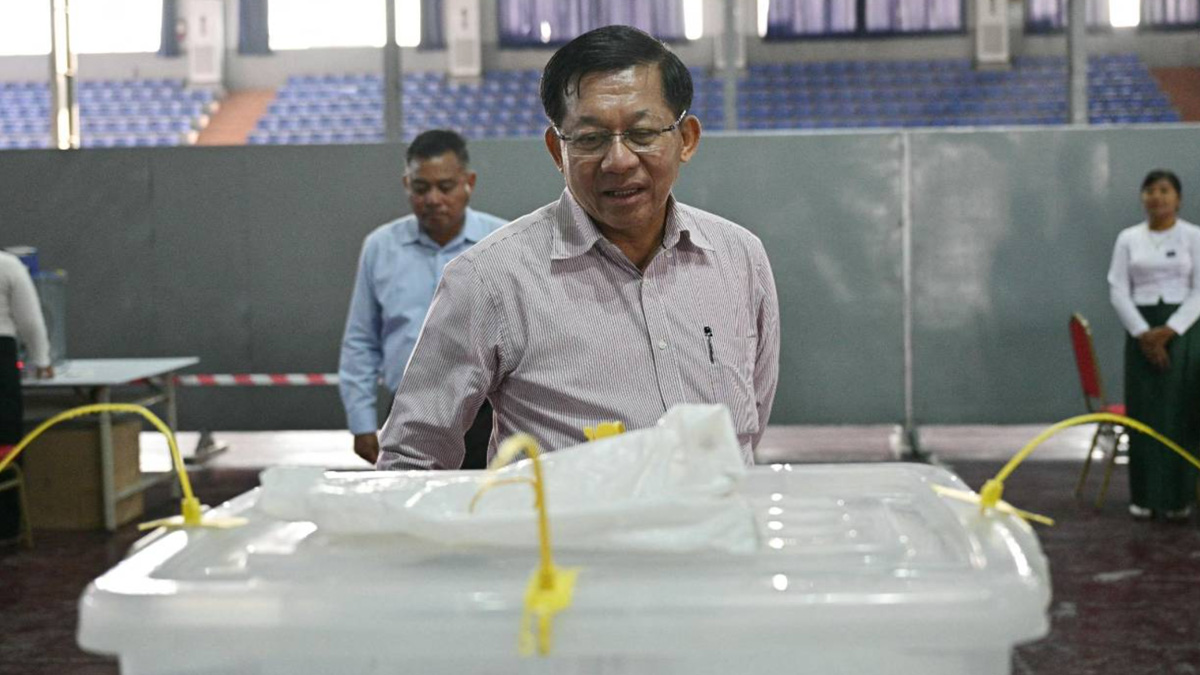Myanmar military demolishes 148 buildings in crackdown on KK Park scam centre
Myanmar's military has begun demolishing nearly 150 buildings in KK Park, a notorious scam compound near the Thai border. The move follows growing international pressure over widespread cyber fraud operations and human trafficking in the region.

- Myanmar’s military has demolished 101 of 148 buildings in KK Park, a major scam compound on the Thai border.
- The compound, known for fraud operations and trafficking, has drawn regional scrutiny, particularly from China.
- The raid follows public and international pressure, including a major exposé and Chinese-led repatriation efforts.
Myanmar’s military junta announced on 9 November that it had begun demolishing 148 buildings in the KK Park scam compound, located near the country’s border with Thailand. The announcement was made via state-controlled outlet The Global New Light of Myanmar, detailing that 101 structures had already been razed, with the remaining 47 undergoing demolition.
The buildings included dormitories, a four-storey hospital, a gym, a spa, and a two-storey karaoke parlour — all reportedly used to house or service the workers and leaders of a sprawling internet scam operation.
According to a report by Agence France-Presse (AFP), KK Park has become infamous as one of the largest cyber scam compounds in Southeast Asia. The centre housed more than 2,000 workers, many of whom were involved in internet fraud schemes targeting individuals worldwide through romance, investment, and phishing scams.
Allegations of trafficking and forced labour
While some workers reportedly entered the compound voluntarily, attracted by the promise of lucrative earnings, many others were trafficked and forced to work under duress. These "internet sweatshops" are often equipped with luxury amenities, ostensibly to reward high-performing staff and appease criminal leadership.
Locals near the site and across the Thai border have reported hearing intermittent explosions since the demolition began, though AFP noted that it could not independently verify the military’s claims or the extent of the destruction.
Regional and international pressure
The demolition comes amid mounting pressure from regional powers, particularly China, which has expressed growing frustration over the scams, many of which have targeted Chinese citizens. Analysts believe Beijing's increasing irritation stems from the damage these operations are inflicting on its citizens and its regional influence.
In February, a high-profile repatriation campaign, reportedly led by China, resulted in the return of approximately 7,000 scam workers from Myanmar. Thailand, facing cross-border fallout from the fraud centres, has responded by enacting internet blockades in border zones, attempting to cut off scam operations from Thai infrastructure.
Limited and symbolic enforcement?
Despite the high-profile nature of the current demolitions, experts have warned the crackdown may be more symbolic than systemic. Analysts suggest the raids may be selectively choreographed by the junta to appease international actors without jeopardising key financial networks.
According to observers, fully dismantling the scam centres could destabilise militia groups aligned with the military. These groups have become increasingly vital to the junta’s ongoing civil war, which erupted following the February 2021 coup.
The military’s alliance with these militias creates a dilemma: eradicating scam centres would eliminate a significant revenue stream but may weaken the regime’s hold in contested regions.
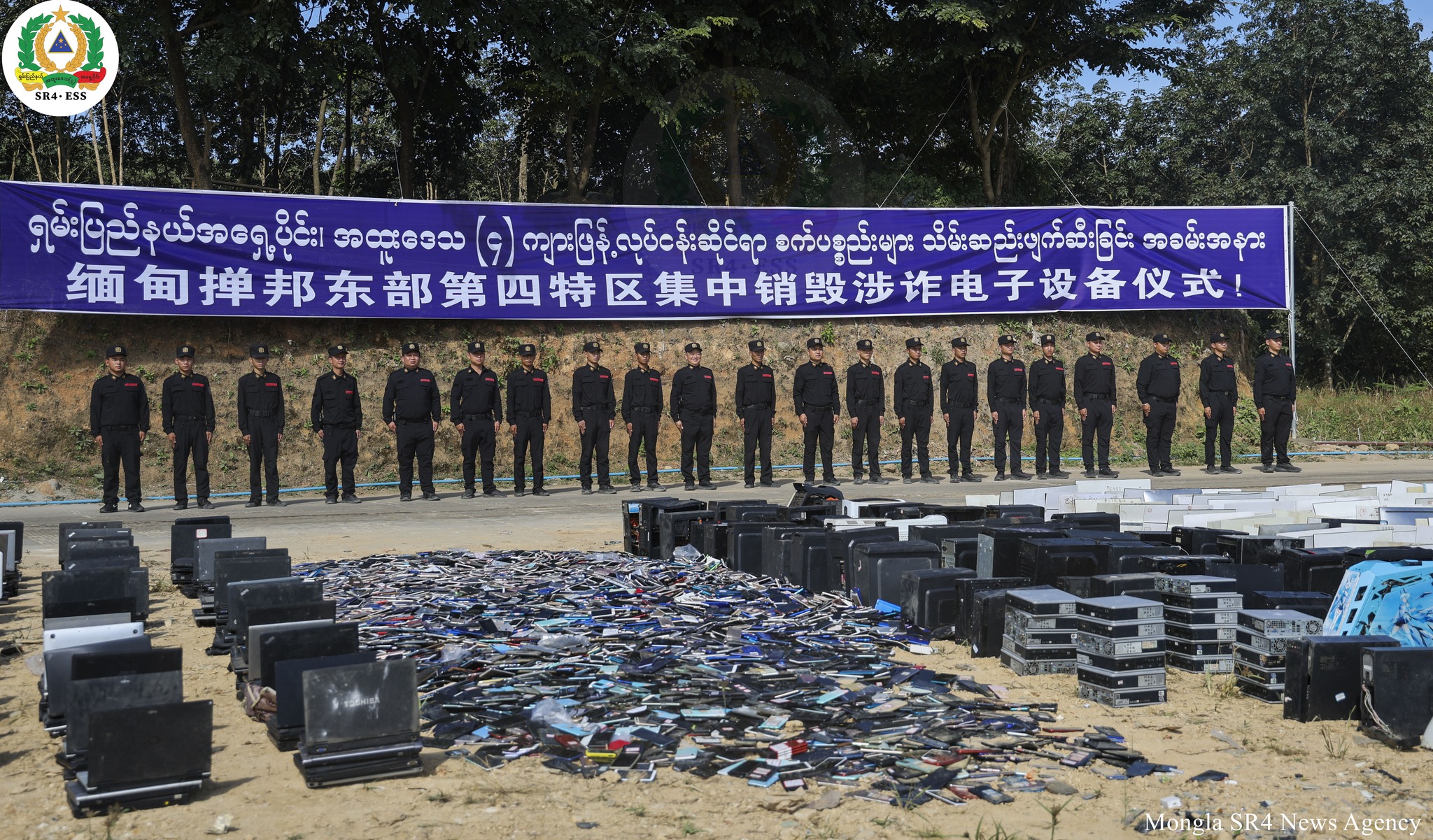
Starlink’s role and media exposure
On 19 October, Myanmar’s military launched its initial raid on KK Park shortly after an AFP investigation revealed the compound was expanding its operations. The report showed the use of Starlink satellite internet terminals, which were deployed to circumvent Thailand’s internet blockade.
In response to the exposé, Starlink’s parent company, SpaceX, confirmed it had disabled over 2,500 satellite terminals operating in or near the compound. The widespread use of Starlink systems highlighted the sophistication and resilience of the scam networks operating within Myanmar’s loosely governed border zones.
Future outlook
While the demolition at KK Park marks the most significant public action taken by Myanmar’s junta against scam compounds to date, questions remain over the sincerity and scope of the effort.
International observers and neighbouring countries continue to press for broader action, including dismantling trafficking networks, prosecuting criminal operators, and restoring rule of law in regions where the state has ceded control to militias and organised crime.


